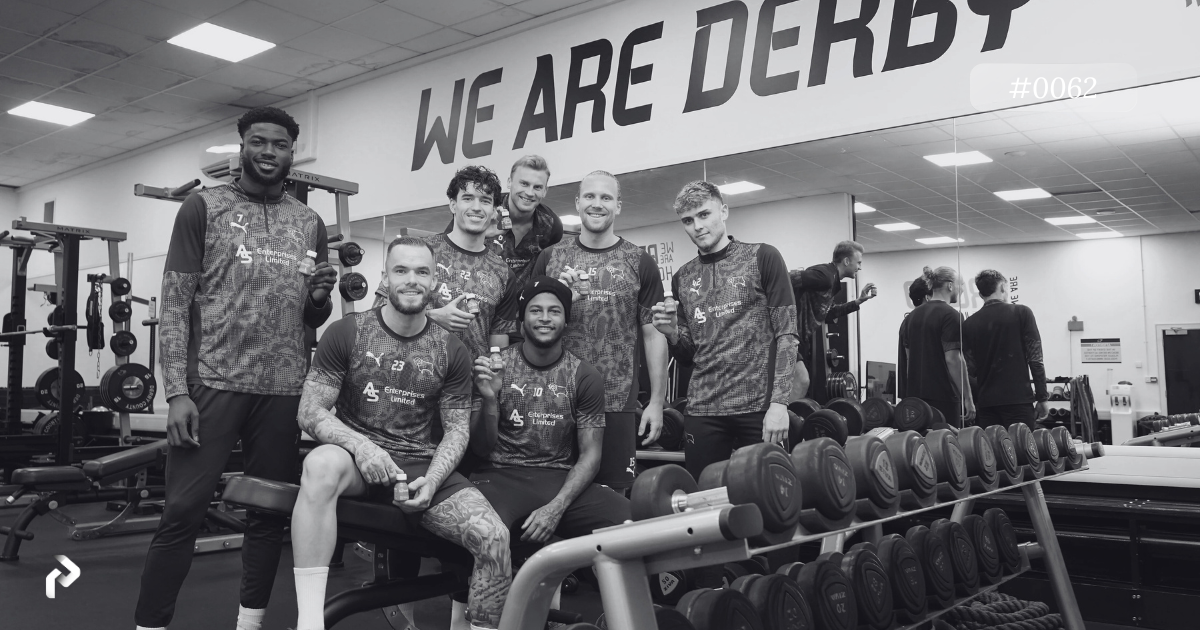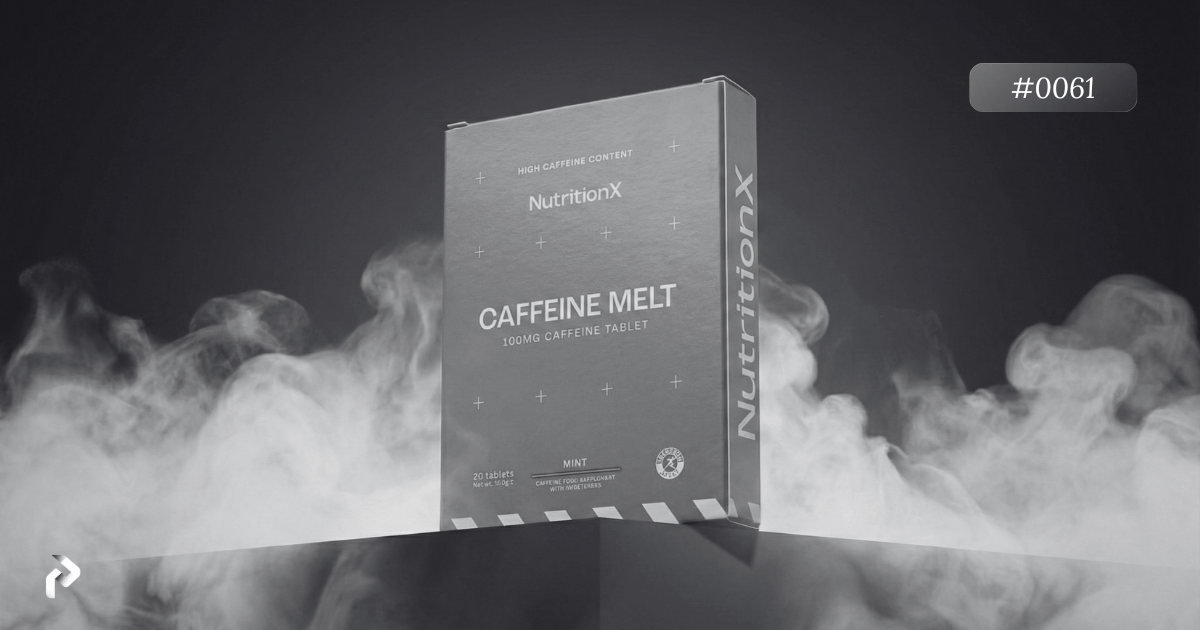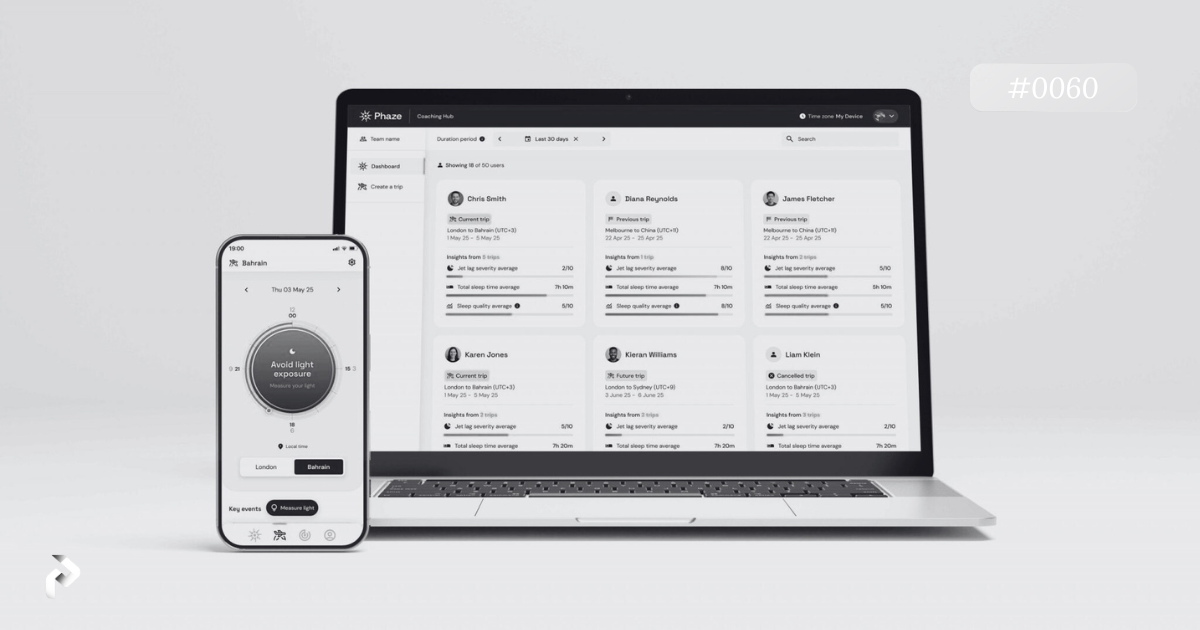
Dear Coaches,
This week we look at common gaps in race-day carb use, share the best current opportunities in performance nutrition, and break down the payment infrastructure that supports professional-level practice.
EXPERT OPINION

Wasting Carbs
In a recent webinar with the Performance Nutrition Network, Dr. Jamie Pugh revealed a gap in how we recommend carbohydrate intake.
The problem: athletes possess significantly different abilities to oxidise carbohydrate—yet we recommend the same intake to everyone.
Pugh—Senior Lecturer and researcher at Liverpool John Moores University—shared data that exposes this gap.

Feed 22 athletes the exact same 90 grams of carbohydrate per hour, and the variance is substantial.
Person 1 oxidises nearly all of it. Person 22?
"Barely using half of what we gave them."
That's a 2x difference in carbohydrate oxidation rates between athletes of similar ability—all national-standard marathon and half-marathon runners.
"Does it make sense for this person here, number 22, to have the same total intake as person 1?" Pugh asks. "We don't think there is."
Your credibility depends on recommendations that actually work for the individual in front of you.
"You can't take 1 or 2 factors from a person then guess what their number would be," Pugh explains.
Body size? Not reliable. He tested a 52kg female runner "who had 1 of the highest oxidation rates that we've seen."
Training status? Helps, but doesn't tell the whole story.
The variance is individual.
This is why ExoAnalytics exists—to measure individual carbohydrate oxidation rates during exercise, moving practitioners beyond population averages to athlete-specific data.

Actionable Takeaway: Treat gram per hour recommendations as a hypothesis, not a prescription. Build systematic testing into training blocks at race intensity to find each athlete's individual ceiling.
ACTIVE JOBS

University of Kansas Hiring
Assistant Sports Dietitian at The University of Kansas Health System.

Louisiana State University Hiring
Louisiana State University are hiring an assistant performance dietitian.
PERFORMANCE TECH

Handling Payments
Pricing nutrition coaching isn't guesswork anymore.
The FeastGood Research Team analysed industry-wide pricing data, revealing what successful coaches actually charge.
Premium 1:1 nutrition coaching now commands $282/month in-person, $254/month online.

The progressive pricing model dominates. Start conservative, then strategically increase. 44% of established coaches use this approach.
Market confidence is surging. 40% of coaches planned 10-15% price hikes in 2024.
Group coaching isn't a side hustle—it's a proven revenue stream at $175/month in-person, $98/month online.
But knowing what to charge means nothing without the infrastructure to collect it professionally.
Most nutrition consultants start by mixing business income with personal accounts. This creates a psychological trap: every business expense gets weighed against groceries or rent instead of ROI.

Open a Tide business account.
Separate your business finances completely. When you see £499 for new software, you stop asking "can I afford this?" and start asking "will this generate more than £499 in value?"
Business expenses become investments in making the number go up, not threats to your personal budget.
For payment processing, use Stripe.
It handles recurring monthly billing automatically. Professional invoicing, automated reminders, seamless card processing.

No more chasing late payments or manually tracking who paid this month.
Your clients expect to pay $254/month. Make it as frictionless as possible.
Actionable Takeaway: Open a Tide business account this week to separate finances from personal spending, set up Stripe for automated recurring billing, and align your rates with industry benchmarks.









